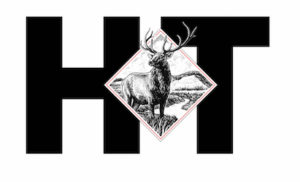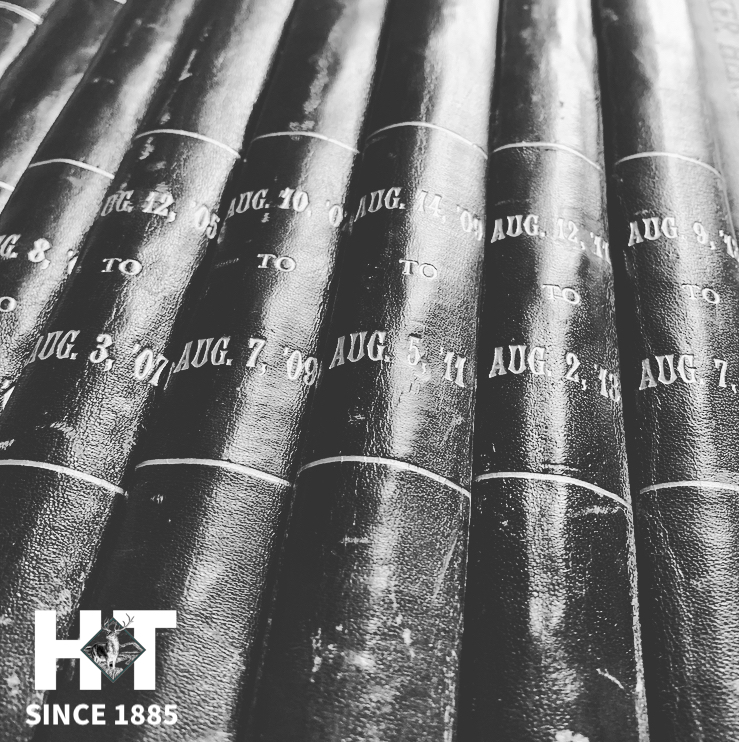RBC I You may have heard that conservation biologists are arguing with each other. Some say nature should be protected “for” humans; others say it should be protected “from humans;” others say it’s possible to do both.
This may sound like an academic debate—and in many ways it is—but it has become a very nasty one, and over the past couple of years it has severely taxed an important field that has far too few resources to begin with.
I’ve written about the argument’s gory details elsewhere, but here I’d like to take a longer view. For this fight was, in its broadest sense, settled more than a half-century ago, and the referee is still relevant. His name was Aldo Leopold.
Leopold—considered the father of both the American wilderness system and the science of wildlife management—is an icon in conservation circles. He was a talented and prolific writer, and he did much of his thinking in public, which means that today you can find a Leopold quote for just about any shade of green.
He was educated as a utilitarian conservationist—one who protects nature for humans, but he understood the need to protect nature from humans, too.
In Leopold’s time, as today, this philosophical divide was fuzzy but fierce, and he spent much of his career trying to resolve it. In his final collection of essays, “A Sand County Almanac,” he did.
When Leopold finished the collection, shortly before his death in 1948, he had long argued that wilderness was vitally important to protect both for and from humans. He had argued that humans could find both aesthetic beauty and practical use in what he called “land health.” And he had called for people to exercise “voluntary decency” toward the rest of nature —to accept “obligations over and above self-interest” to nature just as they accepted similar obligations to their families and communities. In the foreword to “A Sand County Almanac” he brings these ideas together in one of his most famous passages:
We abuse land because we regard it as a commodity belonging to us. When we see land as a community to which we belong, we may begin to use it with love and respect.
There is no other way for land to survive the impact of mechanized man nor for us to reap from it the esthetic harvest it is capable, under science, of contributing to culture.
In 1985, nearly 40 years after Leopold wrote these words, biologist Michael Soulé founded the “crisis discipline” of conservation biology. One of its principles, he wrote, was that “biotic diversity has intrinsic value, irrespective of its instrumental or utilitarian value.”
In 2012, in the paper that kicked off the current kerfuffle within the field, Nature Conservancy scientist Peter Kareiva and environmental studies professor Michelle Marvier wrote that “nature also merits conservation for very practical and more self-centered reasons concerning what nature and healthy ecosystems provide to humanity.” Both of these ideas are embedded in Leopold’s passage.
Despite the enormous and often destructive impact of humans on nature, Leopold argued, we aren’t in charge of nature and shouldn’t aspire to be. Neither should we air-breathing, water-drinking humans try to stand apart from it. (Leopold would have probably disliked both the extravagant utilitarianism of Stewart Brand, who opened his 1968 “Whole Earth Catalog” by proclaiming that “We are as gods and might as well get good at it;“ and the misanthropic extremes of the environmental movement.) The proper role for humanity in nature, Leopold wrote, was neither conqueror nor exile but “plain member and citizen.” To paraphrase another of his famous lines: We can tinker, but we’d damn well better save all the parts.
Leopold came to believe that through this kind of humble citizenship, our need to use nature and our desire to preserve it could be reconciled.
“Not easily, and not quickly,” his biographer Curt Meine writes. “But, in the end, Leopold was pragmatic enough to see that they had to be, and, idealistic enough, to believe that they could be.”
The world has changed dramatically since Leopold’s time, and our conservation problems are more wicked than ever.
Conservationists have plenty to argue about. But when it comes to the big question of why to protect nature? Aldo Leopold has already provided a very good answer.
Michelle Nijhuis is a contributing editor to High Country News, based in Paonia, Colo.



















